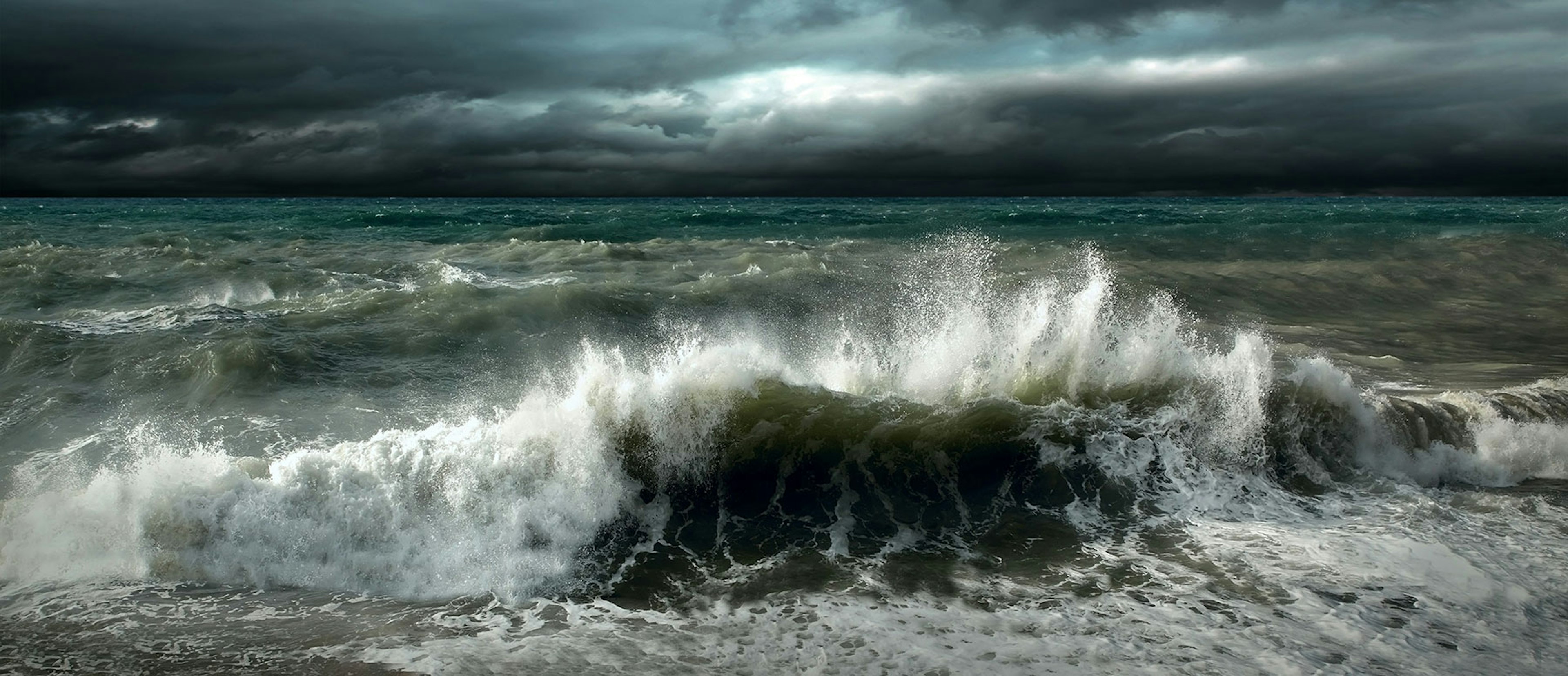
Severe Weather Response Information
After the storm passes, we are here to help.
We know in an emergency situation, your company vehicle is probably the last thing on your mind but might require attention.
We will assist you with next steps for any hurricane-related damage to your company's leased vehicle. Additionally, we'll answer any questions on new vehicle delivery delays.
24 Hour Roadside Assistance
There may be a delay in service due to floods and number of vehicles impacted.
Find Fuel Fast
WEX Connect can help you find stations where fuel is still available in adverse weather or power outages.
Download WEX CONNECT from Google Play Store
Need additional help?
For any non-emergency support:
Client Support 1-800-886-5828
Fleet Maintenance 1-800-886-2086
Mike Albert Fleet Solution Hours
Monday - Friday 8 AM - 7 PM EST
Saturday 9 AM - 3 PM EST
Tips to help protect yourself and your vehicle
1. If you have experienced flooding in your area:
In a best-case scenario, you should move all of the vehicles in your fleet to higher ground before a storm approaches. If that’s not possible and water levels have risen above the tires/wheels of your vehicle(s), DO NOT start the car. Instead, have the vehicle towed to a professional for an inspection when it is safe to do so. If the engine has been exposed to water, it could lock up and become a risk to yourself and others.
2. If you experience a tornado, high wind or hail storm:
If your area has experienced strong winds, check carefully for windshield damage. If your vehicle has a damaged windshield, do not drive it. Before driving, replace or repair the windshield by utilizing the services of a mobile provider. Once the windshield is replaced, we recommend that you take the vehicle to a repair facility for an insurance estimate.
3. If you experience a storm, fire, tornado, or other incidents at your home that causes vehicle damage:
Contact your home owner’s insurance first to see if damage to your vehicle would be under the home owner’s policy.
4. If you live in or drive through an area undergoing construction:
Check your tires and tire pressures every couple of days. Nails, steel rods and other construction debris can end up in roadways causing tire damage.
5. If you are driving and an earthquake occurs:
Look for an open area to stop and pull over. Avoid parking near or under bridges, overpasses, signs, building overhangs, power lines, trees or any other hazard that might fall onto you or the car. Once you are parked, turn off the engine, set the parking brake, and tune the radio to a channel that can provide official instructions and updates.